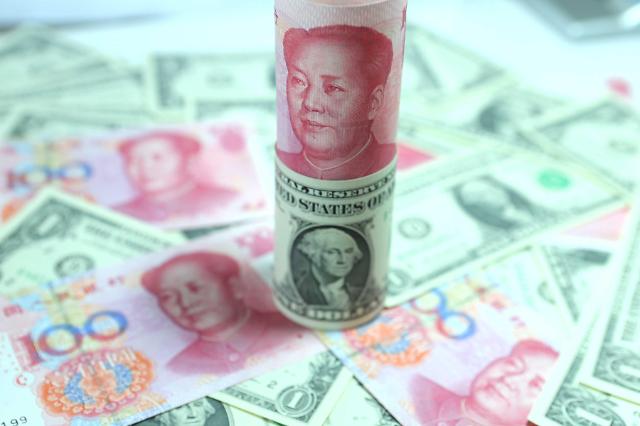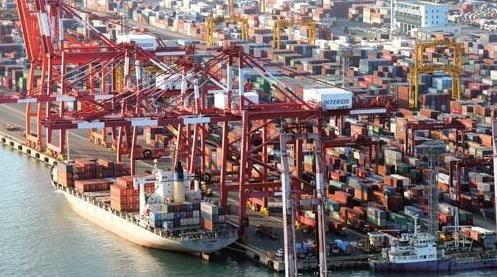
[AJU NEWS DB]
The International Monetary Fund endorsed China’s reforms by adding yuan to its basket of reserve currencies on Monday, a move which will go a long way to expand economic ties between South Korea and its biggest trading partner China.
The decision to add the yuan to the Special Drawing Rights (SDR) basket alongside the dollar, euro, pound sterling, and yen, represents a recognition of China as a global economic power and a key milestone in the country’s path to an integration into global finances.
The People's Bank of China said the move, which was backed by countries including the United States, Britain, and Japan, showed the international community expected China to play a bigger role in the world economy.
"Going forward, China will continue to deepen and accelerate economic reforms and financial opening up, and contribute to promoting world economic growth, safeguarding financial stability and improving global economic governance," it said in a statement.
.
The yuan's inclusion from October 2016 is largely symbolic, with few immediate implications for financial markets. But it is the first time an additional currency has been added to the SDR basket, which determines which currencies countries can receive as part of IMF loans.
Over time, China's new status may encourage central banks and other investors to hold more assets in yuan. But that process is likely to be slow, analysts say.
"Many central banks will move to increase their yuan holdings, although the pace will be gradual so its effect will not be felt immediately in South Korea," an official at the Bank of Korea said.
Others say the move will push South Korea, Asia's fourth-largest economy to increase use of the Chinese currency for some time.
Seoul and Beijing opened a direct Korean won-yuan market in December 2014, and the two nations inked a 64.7 trillion won ($55.8 billion) currency swap agreement reached in April 2009.
The South Korean government is due to float yuan-denominated foreign exchange stabilization bonds in China in December to better meet rising demand for the Chinese currency and help local firms do business there.
Moody's Investors Service said it would give a confidence boost for investors in yuan assets and it expected more yuan-denominated bonds from non-Chinese issuers in China and an increase in Beijing's quotas for cross-border investment channels.
But analysts say investors would nevertheless remain cautious as long as China did not fully liberalize capital controls or allow the currency to float freely.
By Alex Lee


![[INTERVIEW] IMF recommends Asias structural reforms to reduce risks](https://image.ajunews.com/images/site/img/ajunews/list_noimg.jpg)

